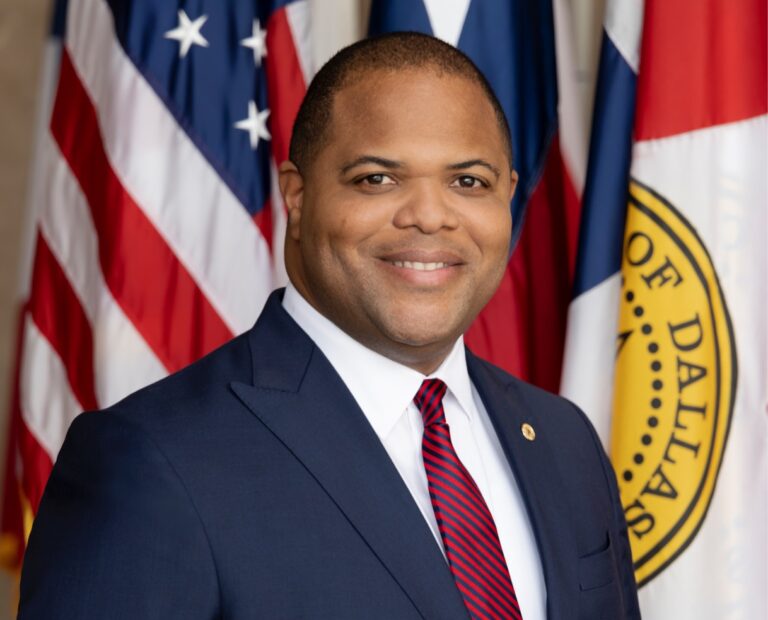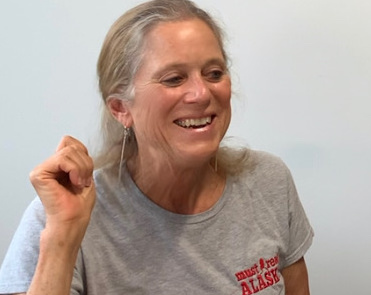By SUZANNE DOWNING
Democrats and their unscrupulous trial lawyer donors are going to have to find some other sick and injured Americans’ bones to pick clean, now that Sen. Dan Sullivan, R-Alaska, made sure they can’t use veteran Marines from Camp LeJeune.
Sullivan and other Republican colleagues, such as California Rep. Darrell Issa, fought hard to put a cap on the extortionist fees of trial lawyers taking advantage of Camp LeJeune veterans.
However, there was no getting through the Democrat Senate with Sullivan’s legislation. Instead, Sullivan persuaded the Justice Department to do what Sen. Jon Tester, the Montana Democrat who chairs the Senate Veterans Affairs Committee, refused to do – be fair to sick veterans.
The numbers are staggering: The U.S. Department of Veterans Affairs believes up to 900,000 retired Marines and their families could be eligible for compensation due to illnesses and injuries resulting from contaminated drinking water at Camp LeJeune in North Carolina over decades. At least 250,000 are expected to file claims.
The total compensation could amount to $6.7 billion, according to the Congressional Budget Office. These veterans and their families have a two-year window to file their claims with the U.S. Navy, and we are halfway through that window.
Whenever significant injury settlements arise, trial lawyers are ready to step in. Billions of dollars in compensation means hundreds of millions in lawyer fees, especially since some of these cases will go to trial, while others are easy money, requiring only paperwork.
Indeed, a simple internet search for “Camp LeJeune” yields dozens of advertisements from legal groups eager for a piece of the settlement pie. Every one of these legal firms has an internet portal for veterans to enter their information and apply for compensation for the long list of illnesses associated with the toxic drinking water at Camp LeJeune.
With the passing of the PACT Act in 2022, the validity of these settlements is nearly undeniable. If you can prove you were there, and you have a listed illness, the burden of proof has been substantially lowered by the PACT Act.
For example, those who have come down with what is called a “Tier 1” disease, like kidney, bladder, or liver cancer, leukemia, or other cancers, there is a $150,000 settlement if they spent less than one year at Camp LeJeune, or $300,000 if they were at the base for one to five years, and $450,000 for longer.
All the prior bills that were like the PACT Act had caps on trial lawyer fees, but when President Joe Biden signed off on the PACT Act in 2022, Democrats had purposefully stripped the legal fee caps.
Even with the removal of the fee caps specific to Camp LeJeune victims, the bill passed with a resounding majority, due to the many other provisions in the bill that made it nearly impossible for Republicans to vote against.
Sen. Sullivan, a Marine Reservist and an attorney, bristled at this crafty maneuver by Democrats and the trial lawyers who feed them.
With the Marine motto of “improvise, adapt, overcome,” Sullivan advocated for the reinstatement of the caps. Precedents, such as the 10% fee cap for lawyers representing 9/11 victims under the Zadroga Act’s Victim Compensation Fund, bolstered his argument. Why then, he questioned, did Democrats permit these lawyers to extract obscene amounts from the ailing Marines? Alaskans were telling Sullivan’s staff that the fees they were being quoted by lawyers were as high as 75%.
Sullivan pushed to get his Protect Camp Lejeune Victims Ensnared by Trial-lawyers’ Scams (VETS) Act through unanimous consent on the floor, but it was blocked by Democrat Sen. Dick Durbin of Illinois.
Sullivan then tried to get it through the Veterans Affairs Committee by asking that the VETS bill be inserted into another bill, but Democrat Committee Chair Jon Tester of Montana refused, saying “It’s my bill or the highway.”
The Democrats went hard against U.S. Marines but they were coming up against Semper Fidelis Sullivan.
“In my eight years in the U.S. Senate, there are few issues I’ve been involved with that more desperately cry out for a just resolution. My Democratic colleagues fought hard to keep attorney’s fees caps out of the Camp Lejeune Justice Act, with the predictable result of unscrupulous trial lawyers trying to grab sixty to seventy percent of the compensation owed to sick Marines and their families, and spending hundreds of millions of dollars to lure Marines into these ultra-high contingency fee arrangements,” Sullivan said.
The workaround was to go directly to the Department of Justice and Attorney General Merrick Garland, who quickly conceded that the situation was unfair and who instituted legal fee caps through the existing Tort Claims Act, which is considered the standard for other lawsuits against the federal government. Since the Senate was opaque in the PACT Act and didn’t specifically prohibit the Tort Claims Act, Garland was able to use it and he set the cap at 20% for filing paperwork and 25% for going to trial.
“While this is excellent news for the thousands of Americans who suffered after serving at Camp Lejeune, I am still concerned that the new caps are too high, given the fact that Congress reduced the burden of proof for these cases, making them significantly easier to win. I’ll continue working with my colleagues to advance my Protect Camp Lejeune VETS Act to set these caps at a just and reasonable level and maximize the compensation for the individuals who actually deserve it,” Sullivan said.
Those we send to Washington, D.C. to represent us usually have to settle for less than they fight for. It’s a negotiation. It took a leatherneck like Sen. Dan Sullivan to fight on and make it right for the men and women who run into the firefight on behalf of the country.
Suzanne Downing is publisher of Must Read Alaska.








